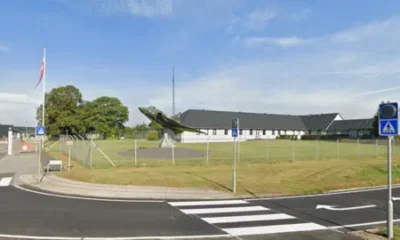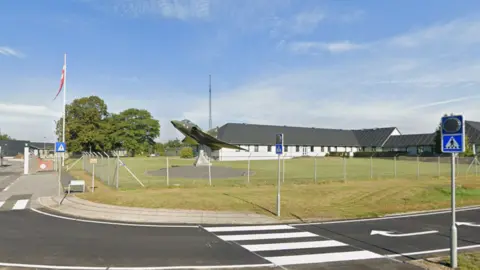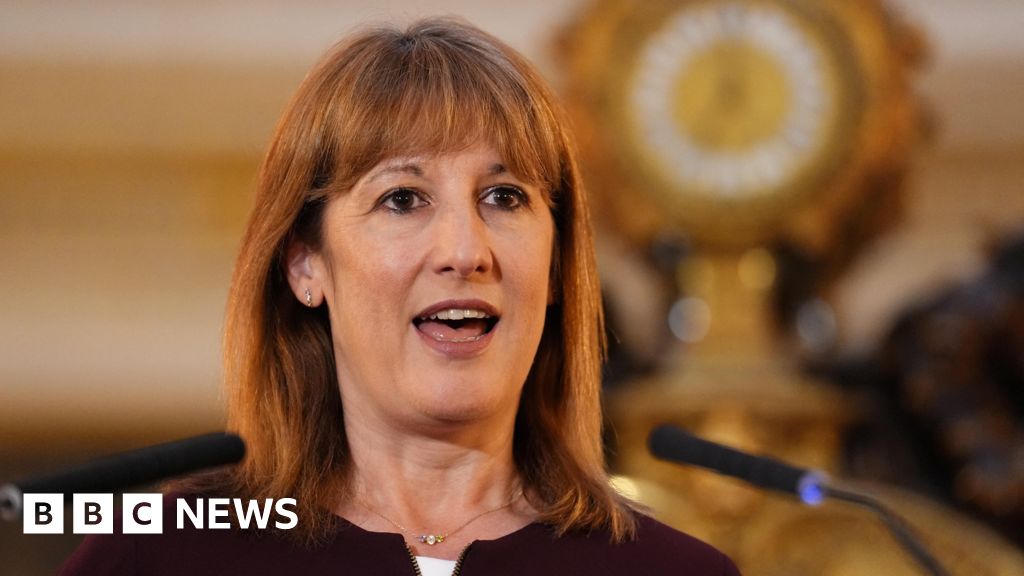ISRAELI STRIKES HAVE killed at least 38 people across Gaza overnight, health officials said.
The onslaught continues despite growing international pressure for a ceasefire, with Israel’s leader remaining defiant about the country’s ongoing offensive.
Strikes in central and northern Gaza killed people in their homes in the early hours of this morning, including nine from the same family in a house in the Nuseirat refugee camp, according to staff at the Al-Awda hospital where the bodies were brought.
The strikes demolished a house in Gaza City’s Tufah area, killing at least 11 people, more than half of them women and children, according to the Al-Ahly Hospital.
Four other people were killed when an air strike hit their homes in the Shati refugee camp, according to Shifa hospital.
Six other Palestinians were killed by Israeli gunfire while seeking aid in southern and central Gaza, according to Nasser and Al Awda hospitals where the bodies were brought.
Hospitals and health clinics in Gaza City are on the brink of collapse. Nearly two weeks into Israel’s offensive there, two clinics have been destroyed by air strikes, two hospitals shut down after being damaged and others are barely functioning, with medicine, equipment, food and fuel in short supply.
Many patients and staff have been forced to flee hospitals, leaving behind only a few doctors and nurses to tend to children in incubators or other patients too ill to move.
As desperate, hungry people flee hostilities in Gaza City, securing food has become nearly impossible.@wfp calls for humanitarian access to reach vulnerable families remaining in northern Gaza & an urgent ceasefire to prevent starvation.pic.twitter.com/Cp3FuAilcn
— United Nations (@UN) September 26, 2025
On Friday, aid group Doctors Without Borders said it was forced to suspend activities in Gaza City amid the intensified Israeli offensive.
The group said Israeli tanks were less than half a mile from its health care facilities and the escalating attacks have created an “unacceptable level of risk” for its staff.
Meanwhile, the food situation in the north has also worsened, as Israel has halted aid deliveries through its crossing into northern Gaza since 12 September and has increasingly rejected UN requests to bring supplies from southern Gaza into the north, the UN Office for the Coordination of Humanitarian Affairs said.
Israel’s campaign in Gaza has killed more than 65,000 people and wounded more than 167,000 others, according to the Palestinian health ministry. UN agencies and many independent experts consider its figures to be the most reliable estimate of wartime casualties.
A recent UN investigation team was the latest body to conclude that Israel is committing genocide in Gaza.
The UN Independent International Commission of Inquiry which does not speak on behalf of the world body, found that “genocide is occurring in Gaza” and that “the responsibility lies with the State of Israel”.
Of the 251 people seized by Hamas militants during their attack on Israel in October 2023, 47 remain in Gaza, including 25 the Israeli military says are dead.
International pressure on Israel to end its offensive is increasing, as is Israel’s isolation, with a growing list of countries deciding recently to recognise Palestinian statehood – something Israel rejects.
Countries have been lobbying US President Donald Trump to press Israel for a ceasefire. On Friday, Trump told reporters on the White House lawn that he believes the US is close to achieving a deal on easing fighting in Gaza that “will get the hostages back” and “end the war”.
Trump and Israeli prime minister Benjamin Netanyahu are scheduled to meet on Monday.
Trump said on social media on Friday that “very inspired and productive discussions” and “intense negotiations” about Gaza are ongoing with countries in the region.
However, Israel is pressing ahead with another major ground operation in Gaza City, which experts say is experiencing famine. More than 300,000 people have fled, but up to 700,000 are still there, many because they cannot afford to relocate.
















































